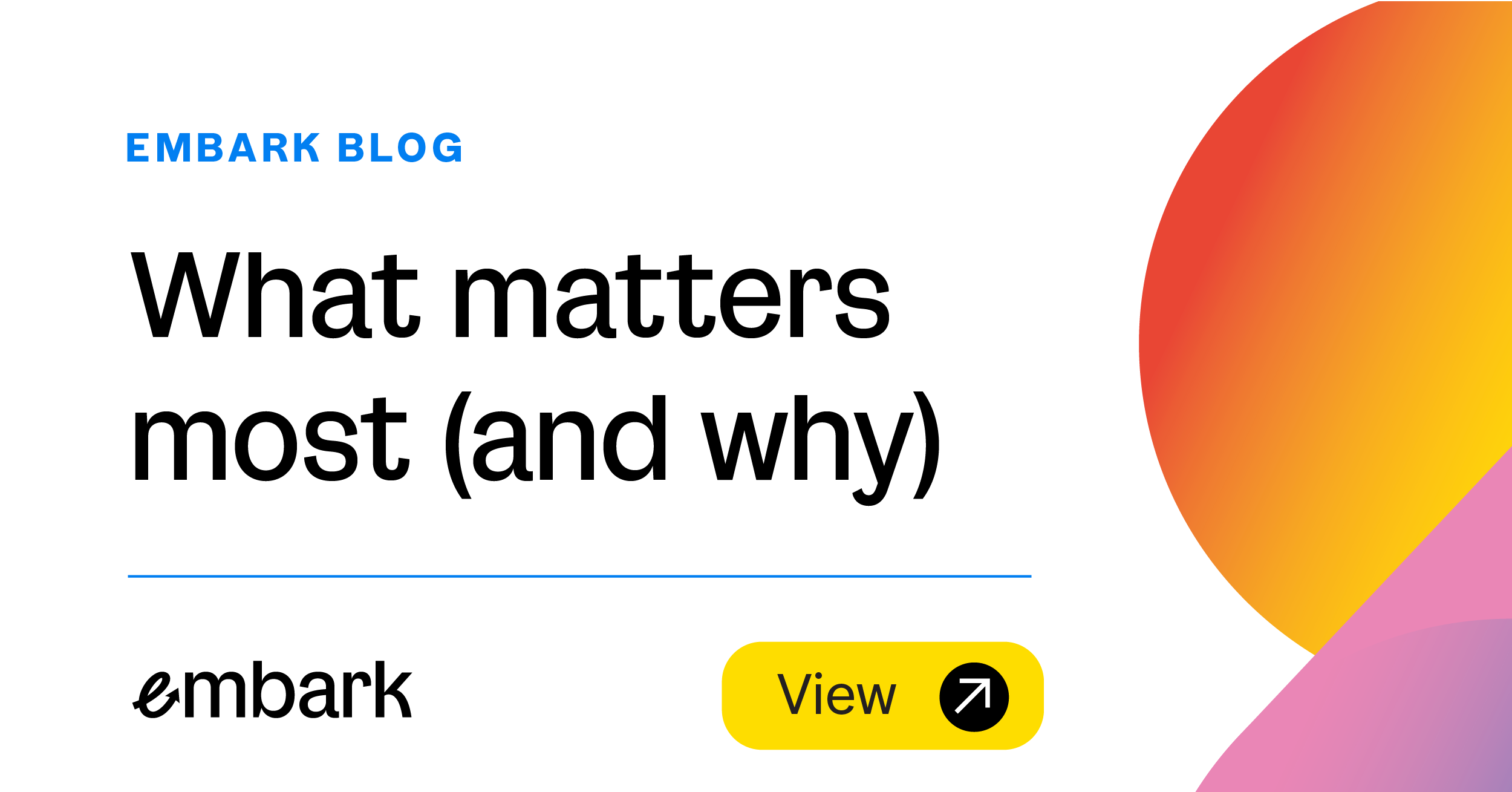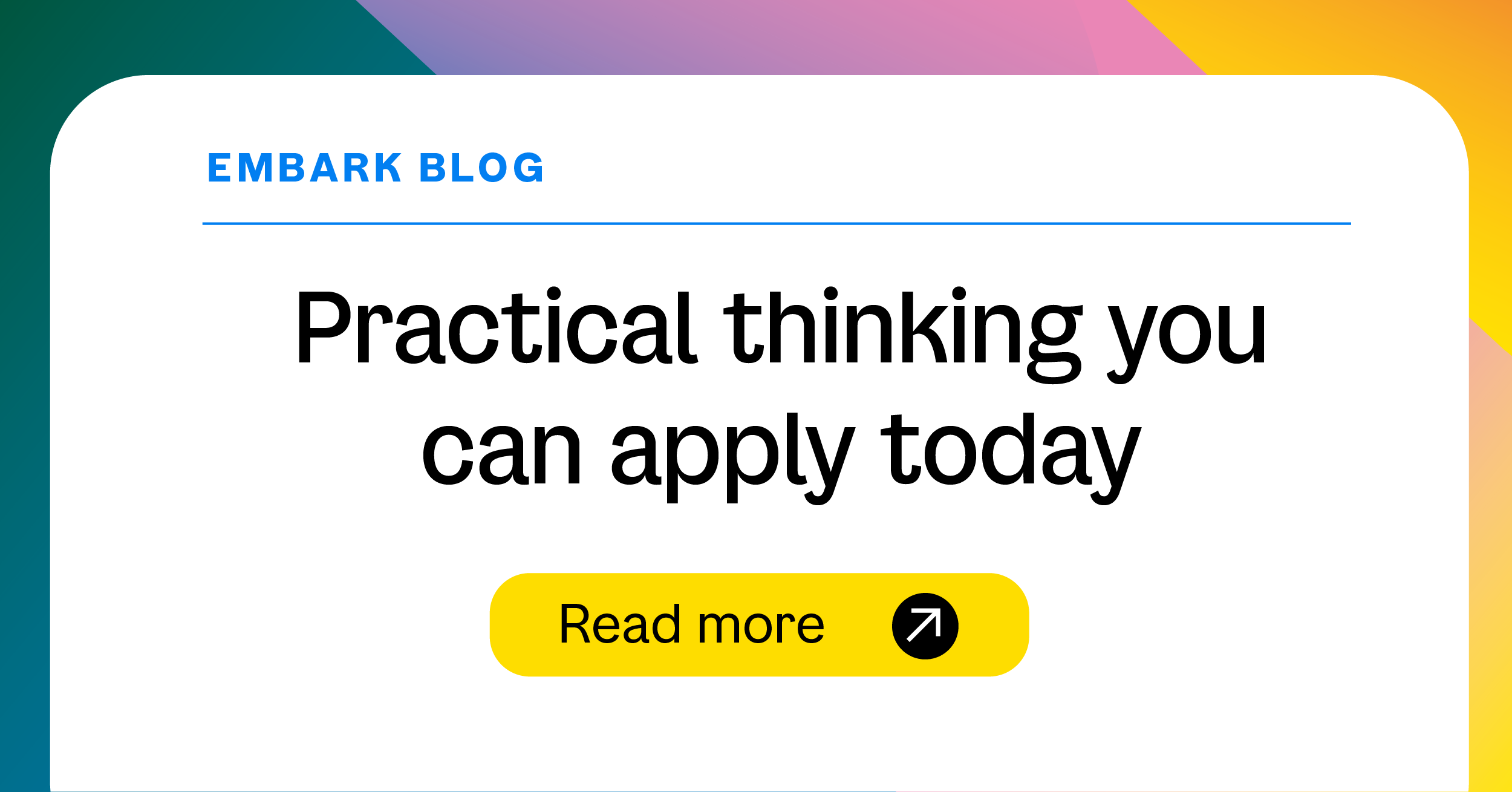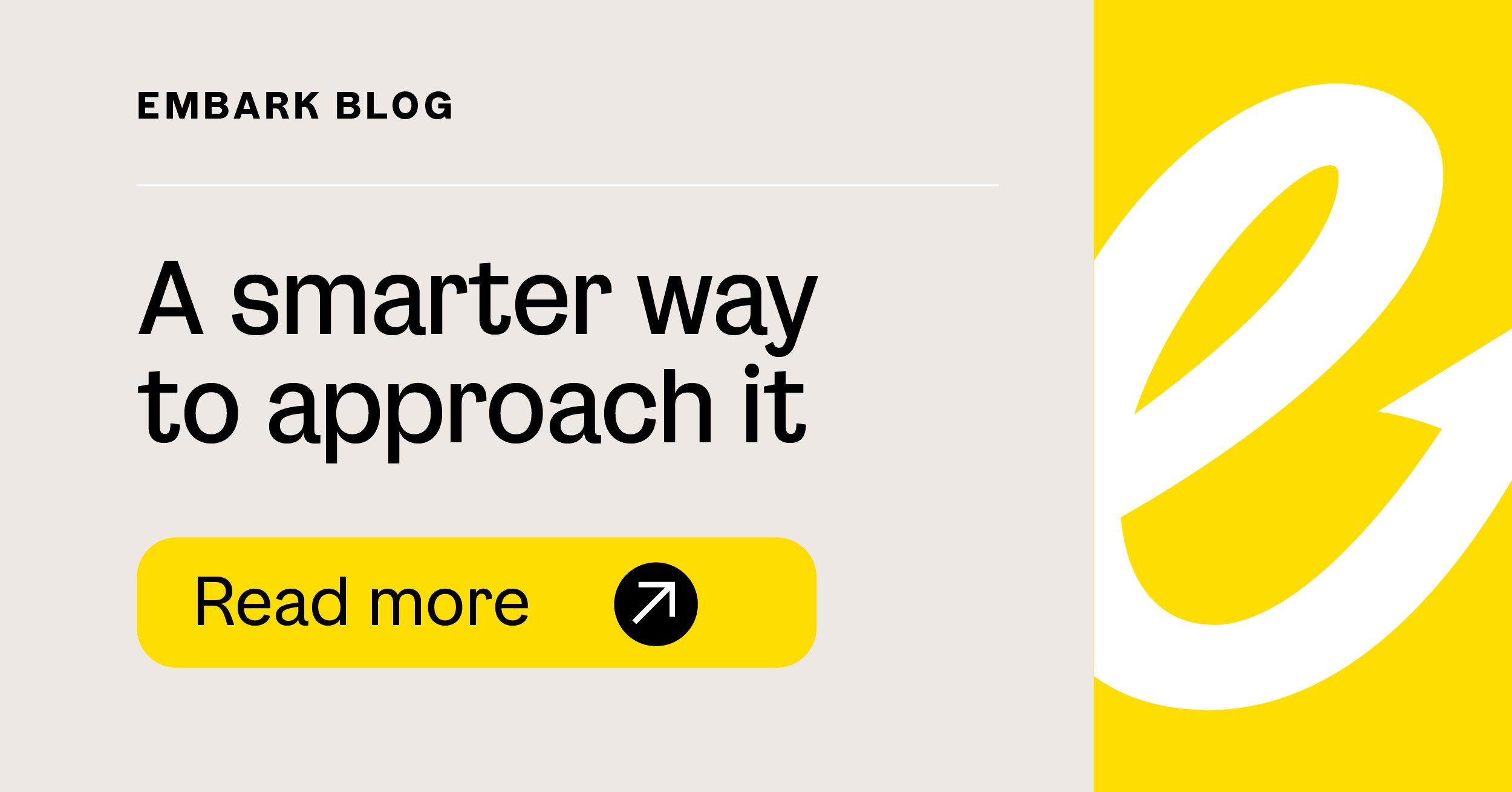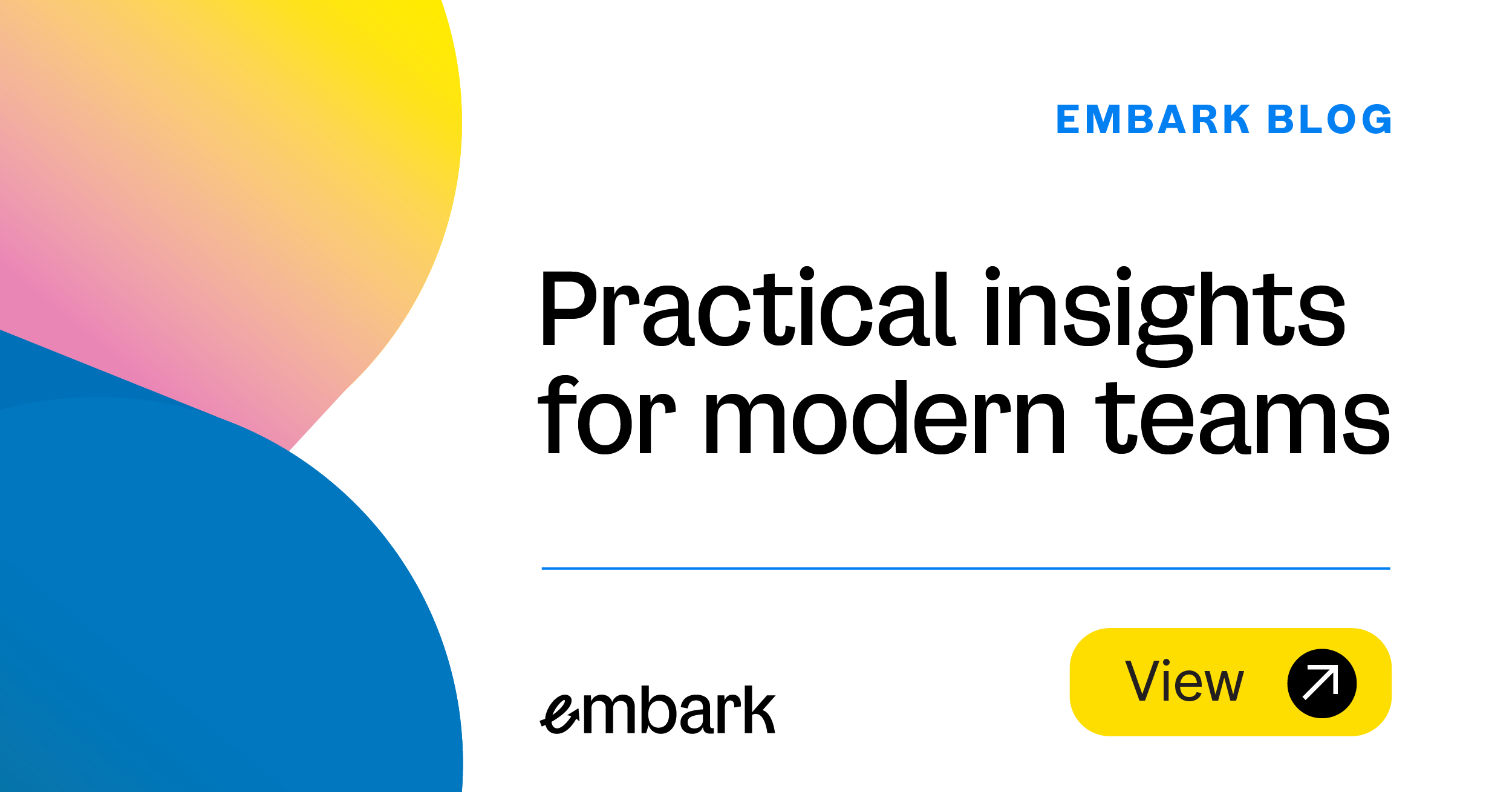As the holiday season comes and goes, the families of accountants go through an annual ritual that works in stark contrast to the festive merriment they just enjoyed. Spouses, children, parents, and grandparents alike must all mentally prepare themselves for the inevitable: the busy weeks that surround year-end and Q1 deadlines are about to temporarily rob them of their loved ones.

Unfortunately, it’s not just families and friends that are negatively affected by the extended hours and lack of schedule flexibility. As ski trips, Super Bowl parties, and countless small but meaningful moments – tucking kids in at night or catching a movie on a Sunday afternoon – are sacrificed, the seemingly endless parade of projects begins to weigh on even the most commited of accountants. At some point, those talented and skilled team members will begin to question themselves, their company, and their career trajectories, kicking around alternatives in their head through extended periods of navel gazing and staring off into the ether.
Of course, an office saturated in second guessing poses unique challenges to accounting and finance leaders who must annually attempt to quell the inevitable backlash of burnout, fatigue, and overall dissatisfaction. While such turnover is expected within the public accounting ranks, even built into their business models, attrition can be an extraordinarily potent toxin for corporate accounting teams, expensive in terms of both money and human capital.
Turnover Isn’t an Inevitability
Fortunately, Embark is sympathetic to the seasonal pandemic of exhausted accountants and understands what team leaders are up against – finding an ideal balance between efficient completion of the voluminous work to be done, with a fulfilling quality of life for team members.
Granted, it's a complicated problem with no singular solution but, with a bit of an open mind and a willingness to buck past tendencies, a handful of best practices can be extremely effective in helping leadership find that ideal balance. If taken to heart, Embark assures you that families and friends won’t feel like pasting a picture of their loved one on the sides of milk cartons for the first few months of the year. And in the process, companies will retain more of their talent while minimizing the costs associated with the turnover. In other words, it’s a win-win for all involved.
Understand the Issues
Like most aspects of leading an effective team or managing a successful office, turnover is an issue that requires preparation and strategy to best address it. To that point, the first important step is to identify what you are doing to enable and develop your team members. Managing and encouraging your people during the busy season will be critical in determining your ability to retain those team members after the season passes.
To put it more concisely, you need to ask yourself how you can effectively manage your team – including an allowance of time for them to seek fulfillment outside of the office – as well as the workload in order to maximize the chances to keep them onboard both throughout and after your busiest season.
Finding Effective Solutions
While there might not be a single solution that will be applicable to all companies in limiting talent attrition, a few traits are important for team leaders and management to exude in order to stem the turnover tides.
Empathize With Your Team Members
As obvious as it might seem, simple empathy can be the most effective tool in fostering a fulfilling work environment that is conducive to success and minimizing the desire to leave a firm. As a leader, it is incumbent upon you to empathize with your employees and their individual positions. Since you likely remember what it's like to be in their place, don't be afraid to rely on your own memory and perspective to create that important sense of empathy.
However, when relying on your own perspective, don't assume that the work environment is the same as it was when you were in their shoes. Over the last handful of years alone, there's been a substantial change within the workplace, creating a significantly different point-of-view for younger generations like Millennials and Gen Z. In fact, with no pension waiting for them in their golden years, younger generations are more likely to simply leave an organization rather than attempting to put up with stress, confusion, or chaos in the workplace.
Maintaining empathy won't always be easy. In fact, it will likely be trying the majority of the time so keeping a realistic perspective will be important for your own sanity. Set reasonable goals for yourself as well as your team during the busy season and always strive to inhabit an open mindset that is best suited for seeking and finding healthy, long-term solutions. Ultimately, being human and empathetic will help you maintain an understanding point-of-view that better connects with your team members.
Lead By Example
During team meetings and brainstorming sessions, be certain to lead the conversation and make scheduling issues a focal point throughout the weeks or months leading up to the deadlines. Getting individual feedback on different ways to design a schedule that provides sufficient time for both work and personal lives is absolutely critical to maintaining well-rounded, content workers. Bringing the entire team into the conversation and decision-making process breeds cohesiveness and teamwork rather than individual, diverging perspectives.
This inclusiveness can also be used to collectively think of ways for each team member to have a weekend or two off during the busy season in order to maintain a healthy and productive balance. Taking this open approach to scheduling issues throughout the busy season will only help foster a team-oriented environment where workers are both willing and able to pick up the slack for each other rather than creating a group of myopic lone wolves.
Maintain Flexibility
Creating an open, communicative, and team-oriented environment can only be successful when people are held accountable. However, although finding middle ground between accountability and micromanaging can often be difficult, maintaining an open frame of mind should be tremendously helpful in finding that delicate balance.
For instance, if a team member has a big event in their personal life arise during the busy season that requires time outside of the office, give them the opportunity to make their deadlines before reprimanding them for the absence or simply not allowing them to leave. Trust your instincts and be confident that the person you hired will successfully complete all of their responsibilities, even if it isn't during standard business hours or days.
True Leadership Depends on Consistency and Authenticity
It won't take long for people to tell if the short-term goal of completing the mountains of work during the busy season is your sole focus. Sacrificing a long-term perspective to accomplish those short-term goals will eventually create the resentment that will drive higher rates of turnover. Instead, using a team-oriented approach to accomplish the many projects during the busy season will make sure the work gets done while avoiding resentment and discontent.
When scheduling flexibility still isn't sufficient for team members to handle all of the items on their personal to-do lists, try setting up a designated taskrabbit to help team members with errands like dry-cleaning and grocery shopping. Other alternative solutions could include arranging for mobile oil changes or car washes at your office space every couple of weeks or so.
These types of solutions, while perhaps not practical year-round, can certainly help your team avoid the annual groundswell of regret and exhaustion that often accompanies the busy season, helping you minimize turnover to keep expenses down and morale high along the way.






